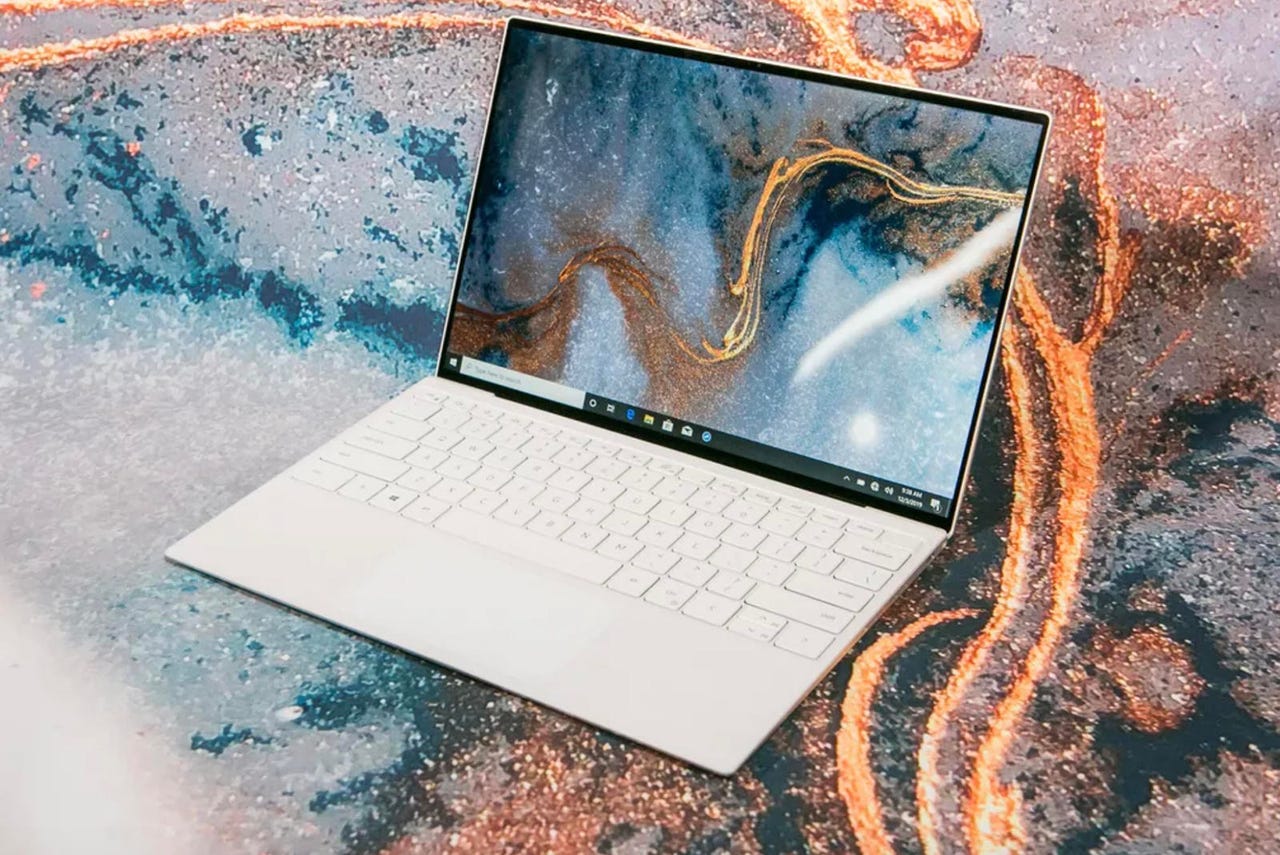'ZDNET Recommends': What exactly does it mean?
ZDNET's recommendations are based on many hours of testing, research, and comparison shopping. We gather data from the best available sources, including vendor and retailer listings as well as other relevant and independent reviews sites. And we pore over customer reviews to find out what matters to real people who already own and use the products and services we’re assessing.
When you click through from our site to a retailer and buy a product or service, we may earn affiliate commissions. This helps support our work, but does not affect what we cover or how, and it does not affect the price you pay. Neither ZDNET nor the author are compensated for these independent reviews. Indeed, we follow strict guidelines that ensure our editorial content is never influenced by advertisers.
ZDNET's editorial team writes on behalf of you, our reader. Our goal is to deliver the most accurate information and the most knowledgeable advice possible in order to help you make smarter buying decisions on tech gear and a wide array of products and services. Our editors thoroughly review and fact-check every article to ensure that our content meets the highest standards. If we have made an error or published misleading information, we will correct or clarify the article. If you see inaccuracies in our content, please report the mistake via this form.
Apple fired her. She still thinks Windows computers are awful


Still not good enough?
What does it take to cross the fence and go to the darker side?
Many people are forced to use a Windows PC at work but choose to have a MacBook for their more personal affairs.
For them, presumably, there's a marginal element of learning to live with both -- followed by an innate switching from one system to another.
That isn't the case for everyone.
Every time I'm at the keyboard of my wife's Windows laptop, I just can't. The whole thing feels confusing, mentally debilitating even.
The camera is down here on the left-hand side? Why?
And how do I open, well, anything?
I was moved, therefore, by the recent words of Ashley Gjøvik. She used to be a senior programming engineer at Apple before turning whistleblower and being fired for allegedly leaking confidential information.
She's currently embroiled in several lawsuits against Apple. However, when she gave an interview to the Telegraph, she offered a very personal comment on the difference between Apple's wares and Microsoft's.
She said she'd ditched her iPhone. She finds it impossible, however, to quit her Mac. In her words: "I'm trying to switch but I sit [at rival] computers and I think this is a piece of crap, so I keep going back."
I wouldn't suggest for a moment that all Windows PCs are a piece of crap. I simply would never offer such coarseness. But is there still something about the way Macs are designed that makes them instantly more intuitive to any user who encounters them?
Or does something else make them more alluring?
I confess to having a bias. I've been using Apple laptops since they existed. I've never found it hard to deduce how they work and how I can do my work on them.
They've always felt inviting. They've always offered a simplicity other laptops couldn't grasp. They came, after all, from an ethos of "it just works," juxtaposed against a PC ethos of "look at all these features."
In recent years, though, I thought Windows PCs had caught up, partly by looking and performing more like Macs. So I wonder how much of Apple's user-friendliness is still a deciding factor in purchasing decisions.
I wonder all the more after hearing Apple CFO Luca Maestri recently declare that 50% of Mac buyers in the second quarter this year were brand new. Yes, they'd never owned a Mac before.
Who are these people? And why did they make their decision?
Were they predominantly younger sorts who could finally afford their first Mac and had always wanted one? Or were they more those who now intended permanently to work from home and finally had the choice to have a Mac?
How many, indeed, gravitated to the Mac precisely because they think it's simply more human-friendly?
And how many, like wedding photographer and lifelong Windows user Lee Morris, took one look at specifically Apple's M1 MacBook and were oddly converted?
"For the last two months, I've had my new desk over here, I've set up my Windows PC and I think only twice have I turned it on," he said in a recent FStoppers video.
He added this pungent perspective on his previous penchant for big Windows setups: "I'm an adult now and I don't want a gigantic, loud, energy-sucking machine next to my desk."
He'd always assumed that this was the only way to get performance. Now, it isn't.
This, then, goes a little beyond ease of use. The Mac seems to have retained it and made enormous strides with respect to performance.
Recent reports have suggested that Jony Ive left Apple because his design aesthetic was increasingly being questioned by people he called "the accountants." Yet design decisions of his time -- the painfully unsimple TouchBar, for example, and the very startlingly execrable butterfly keyboard -- somehow moved Apple away from its people-adjacent posture.
Increasingly, though, hardware choice is a personal choice. If you can use all your businessy Microsoft software on a Mac, why would you choose a Windows PC?
Please feel free to answer that, while I upset you by saying that Apple's PC shipments are increasing, while the PC market is shrinking.
Some companies still impose certain brands of hardware. But how many, given a completely free choice, would choose a Windows computer over a Mac?
For anything other than price, that is.